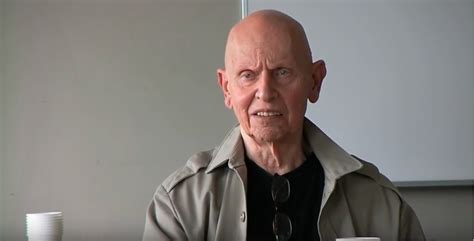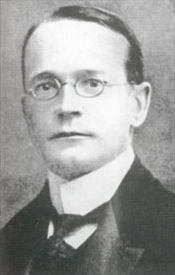A Quote by David Antin
The Sophists' paradoxical talk pieces and their public debates were entertainment in 5th century Greece. And in that world, Socrates was an entertainer.
Quote Topics
Related Quotes
Following Greece's defeat at the hands of Turkey in 1897, Greece's fiscal house was entrusted to a Control Commission. During the 20th century, the drachma was one of the world's worst currencies. It recorded the world's sixth highest hyperinflation. In October 1944, Greece's monthly inflation rate hit 13,800%.
Greeks have to know that they are not alone ... Those who are fighting for the survivor of Greece inside the Euro area are deeply harmed by the impression floating around in the Greek public opinion that Greece is a victim. Greece is a member of the EU and the euro. I want Greece to be a constructive member of the Union because the EU is also benefiting from Greece.
The sophists were as a rule men who had traveled widely and seen different forms of government. Both conventions and local laws in the city-states could vary widely. This led the Sophists to raise the question of what was natural and what was socially induced. By doing this, they paved the way for social criticism in the city-state of Athens.
I was so inspired by Dr. King that in 1956 with my brothers and sisters and first cousins, I was only 16 years old, we went down to the public library trying to check out some books and we were told by the librarian that the library was for whites only and not for colors! It was a public library! I never went back to that public library until July 5th, 1998, by this time I'm in the Congress, for a book signing of my book "Walking with the Wind"
Socrates: Have you noticed on our journey how often the citizens of this new land remind each other it is a free country? Plato: I have, and think it odd they do this.Socrates: How so, Plato?Plato: It is like reminding a baker he is a baker, or a sculptor he is asculptor.Socrates: You mean to say if someone is convinced of their trade, they haveno need to be reminded.Plato: That is correct.Socrates: I agree. If these citizens were convinced of their freedom, they would not need reminders.






































